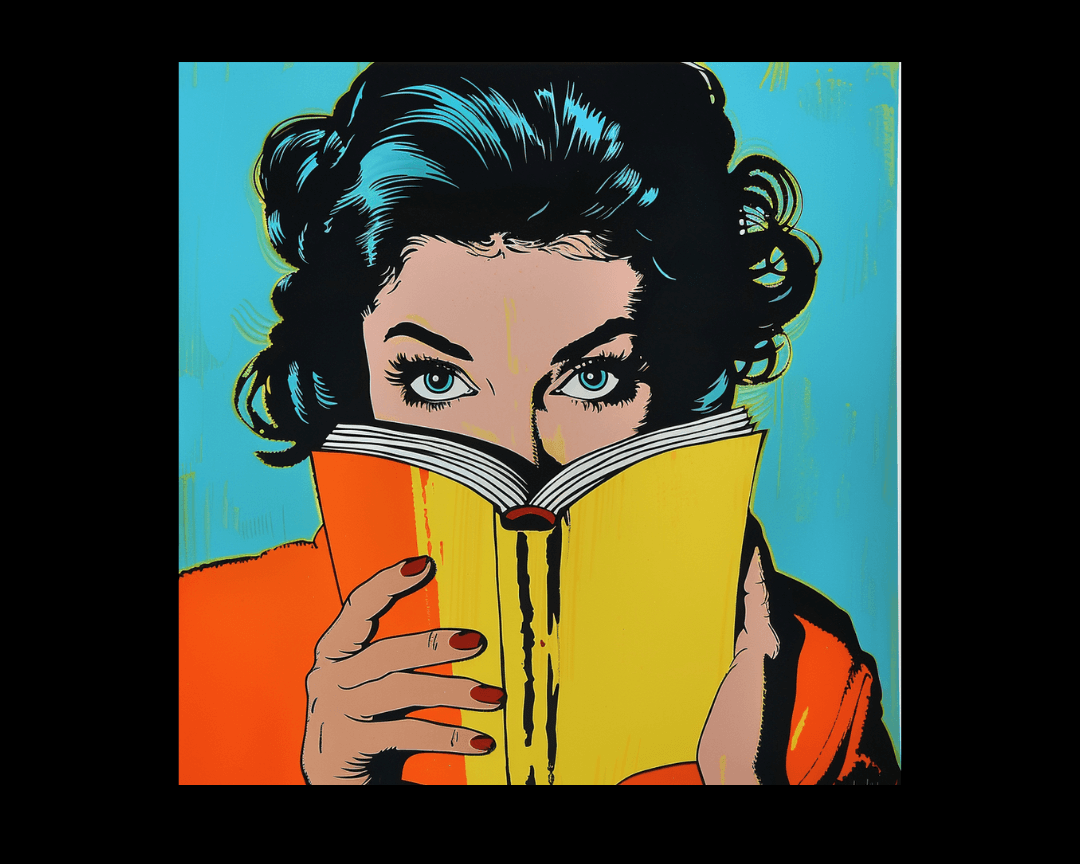Start Thinking About Your Writing Strengths
It's time to flip the script on how writers approach their craft. For far too long, the writing community has been stuck in a rut of self-doubt,...

You've come to the right place if you're itching to dive into the exciting world of beta reading and help shape the next generation of bestsellers. Being a beta reader is like being a superhero for writers – you swoop in, use your powers of perception and constructive criticism, and help transform a rough draft into a polished masterpiece.
And the best part? You don't need a fancy degree or a secret identity to do it. All you need is a love of reading, a keen eye for detail, and a burning desire to support writers on their journey to literary greatness.
First, let's break down what it means to be a beta reader. A beta reader is like a test audience for a book before it hits the shelves. When an author finishes their manuscript, they hand it over to a group of trusted readers to get feedback on everything from typos and plot holes to character development and overall readability.
As a beta reader, your job is to read the book with two different hats on. First, you'll read it regularly, getting swept up in the story and seeing how it flows. But you'll also need to put on your writer's hat and look at the book critically, noting any areas that need improvement or don't quite work.
It's important to remember that beta readers are not the same as editors. You're not expected to fix grammar and punctuation or change the manuscript. Instead, your role is to provide the author with valuable insights and suggestions that they can use to take their book to the next level.
So, what does it take to be a fantastic beta reader? While anyone who loves books can give it a shot, a few key skills will set you apart from the rest of the pack.
When an author asks you to be a beta reader, they're not just asking for a favor—they're inviting you into their creative inner sanctum and trusting you with their literary baby. Writing a book is deeply personal and emotional, and sharing that work with others can be scary. As a beta reader, it's crucial to approach the task with sensitivity, respect, and a deep appreciation for the vulnerability the author is showing by seeking your feedback.
To be an effective beta reader, you must learn to read with two different mindsets. On one hand, you'll read the book as a regular reader, allowing yourself to get lost in the story and experience it as the author intended. But at the same time, you'll need to engage your inner writer and look at the book critically, noting any areas that need improvement or don't quite hit the mark.
When it comes to beta reading, taking notes is your secret weapon. Don't wait until you've finished the book to jot down your thoughts – start making notes from page one and never stop. If you're reading a historical fiction novel, keep track of dates, fashion, and other period-specific details to ensure accuracy. If you're diving into a memoir, pay attention to the author's tone, the flow of the narrative, and any scenes that feel extraneous or out of place. The more detailed and specific your notes are, the more helpful they'll be to the author.
Here's the thing about writing: it's art, and art is subjective. What one reader loves, another might loathe with the fire of a thousand suns. As a beta reader, it's essential to keep this in mind and approach the task with an open mind and a healthy dose of objectivity.
If you are slogging through a genre that's not your cup of tea, resist letting your personal preferences color your feedback. Instead, try to look at the book through the eyes of someone who loves that genre. What works well? What falls flat? How can the author improve the story for their target audience? By setting aside your biases and focusing on the needs of the book and its intended readers, you'll provide much more valuable and constructive feedback.
More often than not, beta reading is a labor of love – a way to support your fellow writers and help them achieve their dreams of literary greatness. While some authors may offer compensation for your time and feedback, most beta reading gigs are unpaid and done on a volunteer basis.
But just because you're not getting a paycheck doesn't mean you shouldn't treat it like a professional engagement. Give the book your full attention, set aside dedicated time to read and take notes, and provide the author with thoughtful, constructive feedback that they can use to improve their work. Not only will this help the author create a better book, but it will also help you grow and develop your skills as a writer and reader.
So, you've got the skills and passion – how do you become a beta reader? The good news is, it's easier than you might think.
If you're part of a writing community, start by contacting your fellow writers and letting them know you're available and eager to beta-read. You can also post in online writing groups or on social media using hashtags like #WritingCommunity or #BetaReaders to connect with authors looking for feedback.
If you hope to beta read for more established authors, watch for opportunities to join their launch or street teams. Many authors put out calls for beta readers when they're getting ready to release a new book, and joining these teams can be a great way to get your foot in the door and start building relationships with authors you admire.
When you land a beta reading gig, communicate clearly with the author about their expectations and timeline. Ask them what specific feedback they're looking for, when they need your notes, and how they prefer to receive it (e.g., in a document, via email, or through a tool like Google Docs). The more precise you are on the author's needs and preferences, the better equipped you'll be to provide them with helpful, actionable feedback.
Being a beta reader is a rewarding, exciting way to support your fellow writers and help bring new stories into the world. Whether you're a seasoned pro or a newbie just getting started, the key is approaching the task with empathy, objectivity, and a genuine desire to help the author create the best possible version of their book.
So what are you waiting for? Dust off your reading glasses, sharpen your red pen, and get ready to dive into the beautiful world of beta reading. Your literary superhero cape awaits!

It's time to flip the script on how writers approach their craft. For far too long, the writing community has been stuck in a rut of self-doubt,...

Making mistakes is an integral part of the writing journey. Each misstep presents an opportunity to learn and grow. A lot of writers make one crucial...
%20(1)-1.png)
They say the best writers are readers, and while there are endless learning opportunities to be gleaned from reading novels and poems, there’s no...